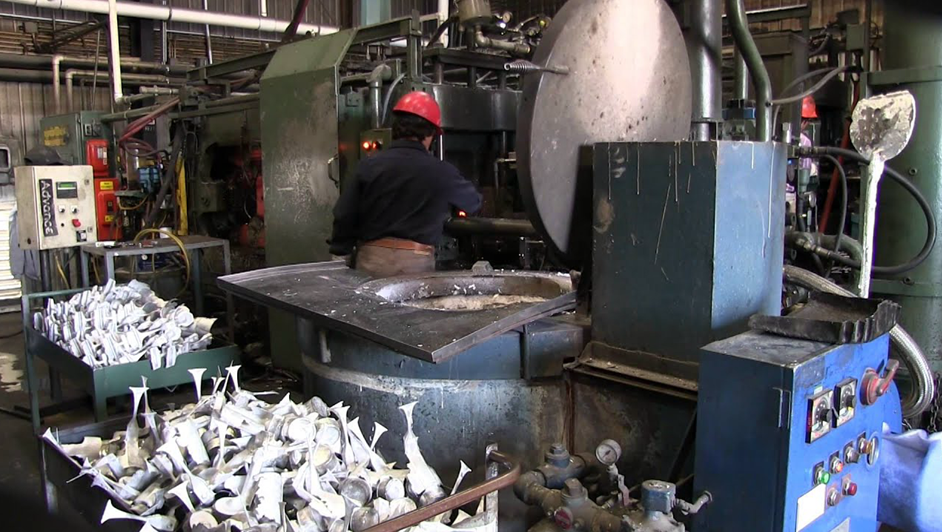Introduction:
Precision CNC machining has become an integral part of producing high-quality and accurate components. CNC (Computer Numerical Control) machining is a process that utilizes computer-controlled machines to manufacture parts with exceptional precision and consistency. This article will explore the various aspects of precision CNC machining, including its benefits, applications, and the technologies involved.
Benefits of Precision CNC Machining:
Precision CNC machining offers several significant advantages over traditional machining methods. Firstly, it ensures exceptional accuracy and quality. The computer-controlled machines can follow complex instructions with utmost precision, resulting in highly accurate components. Additionally, CNC machining allows for the production of identical parts consistently, reducing errors and variations that are common in manual machining. This consistency is crucial, especially in industries such as aerospace, automotive, and medical, where precision is of utmost importance.
Moreover, CNC machines are capable of handling a wide range of materials, including metals, plastics, and composites. This versatility enables manufacturers to produce components for diverse applications, catering to various industries. CNC machining also ensures a faster turnaround time compared to traditional machining, as the programming and automation aspects of the process significantly reduce production time. Furthermore, CNC machines can operate continuously, allowing for increased productivity and efficiency.
Applications of Precision CNC Machining:
Precision CNC machining finds applications in various industries, including aerospace, automotive, electronics, medical, and defense. In the aerospace industry, CNC machining is used to manufacture critical components such as turbine blades, engine parts, and landing gear components. The automotive industry relies on CNC machining for producing engine blocks, transmission parts, and chassis components. Similarly, the electronics industry utilizes CNC machining for manufacturing computer components, smartphone parts, and circuit boards.
The medical industry benefits from CNC machining in the production of surgical instruments, prosthetics, and orthopedic implants. Precision CNC machining also plays a crucial role in defense applications, including the production of military-grade components and ammunition. Additionally, CNC machining is extensively used in the production of consumer goods such as household appliances, furniture, and sports equipment.
Technologies Involved in Precision CNC Machining:
Precision CNC machining involves various technologies and processes to achieve exceptional accuracy and quality. Firstly, CAD (Computer-Aided Design) software is used to create detailed and precise digital models of the desired components. These models are then converted into CAM (Computer-Aided Manufacturing) programs, which contain instructions for the CNC machine. The CAM programs define the toolpaths, cutting speeds, and other parameters required for machining the components.
The CNC machine reads the CAM program and executes the instructions using various cutting tools such as drills, mills, lathes, and grinders. These machines employ advanced techniques such as milling, turning, drilling, and grinding to shape and finish the components. Additionally, some CNC machines incorporate advanced features like multi-axis machining, which allows for complex and intricate geometries.
Conclusion:
Precision CNC machining is a revolutionary technology that has transformed the manufacturing industry. Its exceptional accuracy, consistency, and versatility make it indispensable for producing high-quality components. The aerospace, automotive, electronics, medical, and defense industries, among others, heavily rely on precision CNC machining for their manufacturing needs. With advancements in CAD/CAM software and CNC machine capabilities, the future of precision CNC machining looks promising, offering even greater accuracy and efficiency in component production.
-

- OEM лети части и компоненти
-

- Велосипед Freehub 12/14/16 инча Детски велосипед Ниски велосипеди Велосипеди от магнезиева алуминиева сплав Детски велосипед 3-8 години В наличност
-

- OEM компоненти и части за леене под налягане
-

- Колело за отливане под налягане от магнезиева сплав за ebike
-

- Тиксоформовани части от магнезиева сплав за корпус на машина за засмукване на кислород
-

- Wholesale Magnesium Alloy Baby Cycle For 3 To 5 Years Old 12 Inch Kids Cycle OEM Cheap

 0086-750-5616188
0086-750-5616188 +86 13392089688
+86 13392089688 sales@zhongmei-tech.com
sales@zhongmei-tech.com




.jpg)



